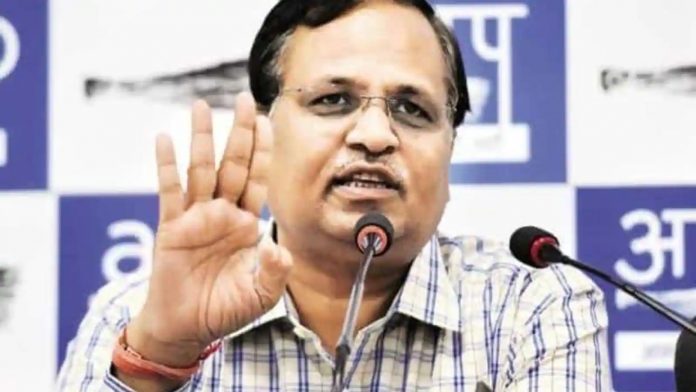According to the report of the Central Ground Water Board, Delhi’s ground water contains more than 22 lakh million gallons liters of saline water. To make this water potable, it needs to be treated with RO, after which it can be delivered to homes.
The crisis of clean drinking water has been a big issue for the people in Delhi, but now the government is planning to supply RO filtered water to the homes of the people. This may eliminate the question of water contamination or its quality. To implement this scheme, 363 MLD capacity RO plants will be set up in the first phase. It is estimated that more than 7.25 lakh people will benefit from this. If the scheme is successful in this pilot project, then it will be gradually implemented in rest of Delhi also.
According to the information, the Delhi government is planning to set up a Reverse Osmosis (RO) plant in the capital. Jal Minister and Delhi Jal Board (DJB) Chairman Satyendar Jain told after meeting with DJB officials that a lot of water is wasted during water purification process, but Delhi government will use state-of-the-art RO plants, Whose water recovery rate will be 80 percent. In the first phase, RO plants with a total capacity of 363 million liters per day (MLD) will be installed at the identified locations. This scheme will be completed within one year.
According to the report of the Central Ground Water Board, Delhi’s groundwater contains more than 22 lakh million gallons liters of saline water. To make this water potable, it needs to be treated with RO, after which it can be delivered to homes. The government will set up RO plants in areas where groundwater is high, but it is not potable due to salinity.
A target of 363 MLD water production has been set from Okhla, Dwarka, Nilothi- Nangloi, Chilla and Najafgarh. Delhi Jal Board is supplying 4230 MLD of water against the demand of 5130 MLD. This project will add an additional 363 MLD of water, which will reduce the capital’s water deficit of 900 MLD to 540 MLD.


